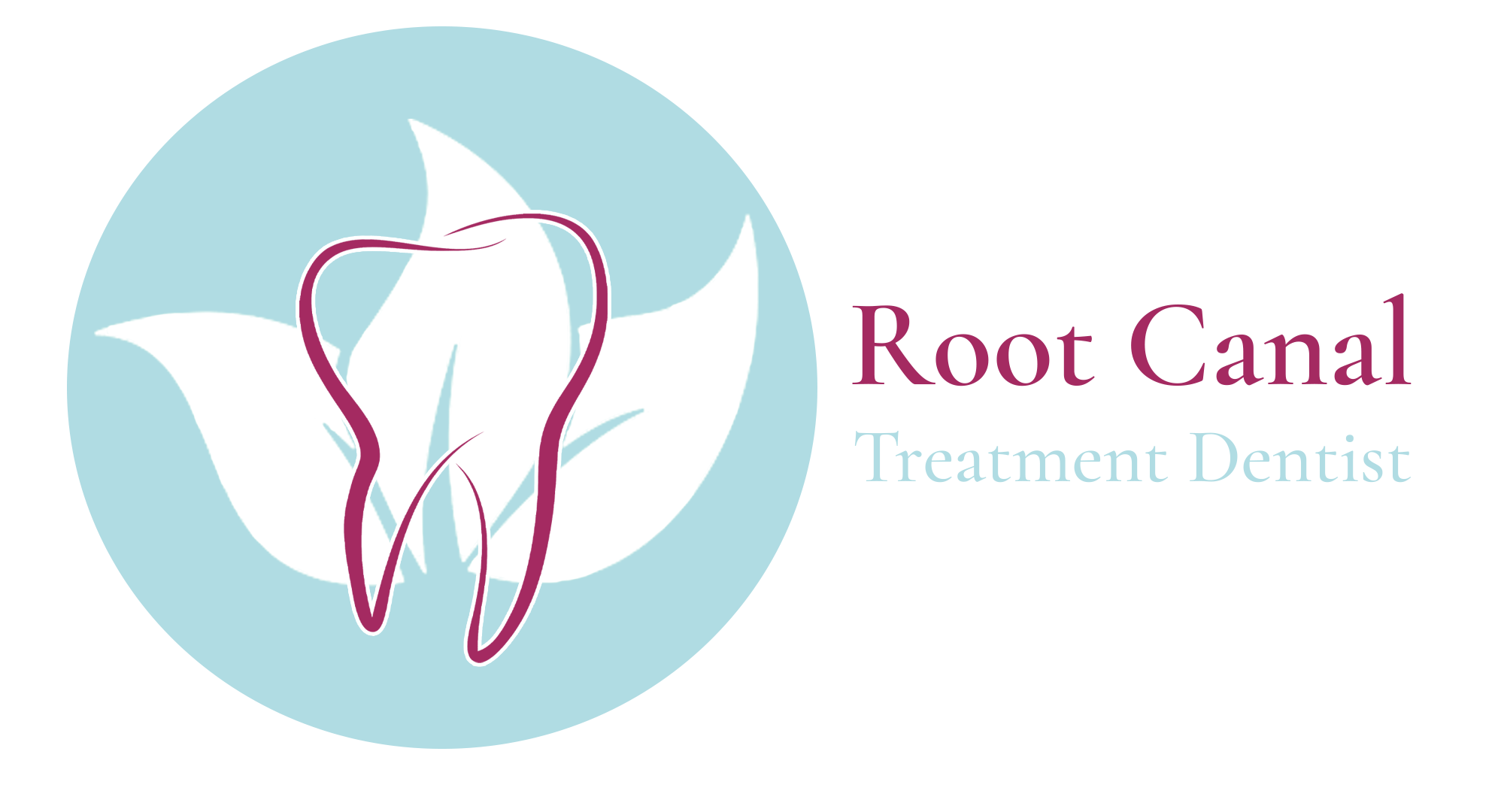
What causes bad breath??
Despite the fact that bad odour originates in the mouth 80% of the time, it is sometimes a symptom of an underlying disease that requires prompt treatment.
Persistent poor breath is typically caused by the gaseous byproducts of bacteria that coat the teeth and gums. Smoking, garlic, and shallots can exacerbate the situation. Certain illnesses, such as diabetes, liver or kidney disease, nasal or stomach conditions, and "dry mouth" (xerostomia), which affects saliva production, can cause bad odour.
Dental issues account for the vast majority of bad odour cases. These can vary from broken, leaking fillings or obvious infections to teeth that are impacted and calculus buildup, which can harbour bacteria that cause bad breath. Food particles trapped between the teeth and on the tongue will rot and produce an offensive odour.
Periodontal disease effects the gums and bone that support the teeth. It is caused by tartar and tenacious plaque deposits. It occurs when teeth and tissues are not adequately cleaned. Without routine cleaning, the gums will separate from the teeth, producing pockets where food and plaque can accumulate. It is challenging to keep pockets clean, and gum disease will worsen if no treatment is administered. In the subsequent stage of the disease, the bone that supports the teeth will deteriorate, and the teeth will become lax until they must be extracted. Severe periodontal disease may be an inherited trait or a sign of overall health issues.
Scientists have discovered that periodontal disease is associated with coronary heart disease and stroke, particularly in smokers and those with hypertension.
What treatment is available for poor breath?
After determining the severity and cause of the breath issue, there are numerous treatment options available. If a medical condition is determined to be the underlying cause of bad odour, the patient will be referred appropriately. The dentist will recommend correcting and treating any dental disease that is directly related to the bad breath or periodontal disease.
The hygienist will monitor and record the condition of your gums prior to and following scaling and root planing. She will instruct you on the proper method to brush your teeth and gums and recommend the most effective devices and products to use as part of a home care programme to destroy volatile sulphur gases.
In certain patients with a high decay rate, the hygienist will conduct a saliva test, which serves as a screening tool for dental caries and can determine the presence of plaque-retentive sites with high bacterial counts.
Treatments

Our patients in North Dublin receive the best general dentistry care. Dublin's top dentist for general dentistry.
View more
Root canal procedures are necessary when the the soft tissue located inside the root canal, becomes irritated.
View more
Our skilled dentists provide the latest aesthetic dentistry techniques to help you obtain a beautiful smile.
View moreGet In Touch
Opening Hours
Monday
7.30am to 10pm
Tuesday
7.30am to 10pm
Wednesday
7.30am to 10pm
Thursday
7.30am to 10pm
Friday
7.30am to 10pm
Saturday
7.30am to 10pm
Sunday
7.30am to 10pm
Late Night Family Dentist, Open 7 Days a Week
Dentist Open in Dublin 365 Days a Year
Dentist Open on Saturdays & Sundays
Dentist Open on Bank Holidays
01 525 2805
Reviews
It is my 3rd time going to see Laura, first time Laura was so helpful, I was very nervous and worried, have had a lot of work done she always reassured me, I'm so glad I listened to her !, I have beautiful teeth and I could not be happier I didn't think it was possible to have a lovely smile ? still continuing with her, she is so lovely and caring and professional, also Sarah too and rest of girls. Thanks so much.
Dr. Laura Fee and the entire team are amazing, so friendly throughout and really reassuring! I recently had a wisdom tooth extraction under sedation and didn’t feel a thing. Everything was explained very clearly and I felt totally comfortable - would recommend this dental practice to anyone, they really do go above and beyond!
After a number of years away from the dentist I bit the bullet and went and so happy I did, Dr. Laura and her team made me feel so relaxed and they provided top-quality service. I didn't even realize the job had been done and to top it off best prices around highly recommended
Visited the clinic myself for the first time today along with my son who was having his first visit to the dentist too. We had a really great experience, Dr. Fee and all of the staff were so friendly, it was a really positive experience! My son even said he had a brilliant time, so that speaks for itself! I would highly recommend the clinic and delighted to have this service in the community!
I don't normally leave reviews but wanted to say thanks so much to Dr Laura for her great work this weekend. I'm quite a nervous patient but she had me completely at ease for my treatment this morning. Also highly recommend for children - her and the nurses were fantastic with my son and his teddy Justin Beaver! They went above and beyond in making sure he had a great experience! he's now so excited for his next six month check and I'm thrilled he won't be growing up with a fear of the dentist! Thanks again!
I couldn't recommend Dr Laura Fee & the Smile Hub Dental Clinic enough. Top class service from someone that previously had a fear of the dentist 🤜 🤛
Couldn’t recommend Dr Laura enough, amazing work done throughout the clear braces process and couldn’t be happier with the results.
My daughter had an accident late at night. When I phoned that night they were able to get her in at 07.30 the next morning. All friendly and helpful staff. Very happy with the dental work care carried out. Would highly recommend.
The team were fantastic. They saw me on Paddys Day for an emergency. Life savers and so friendly. My dentist was incredible. Thank you all!